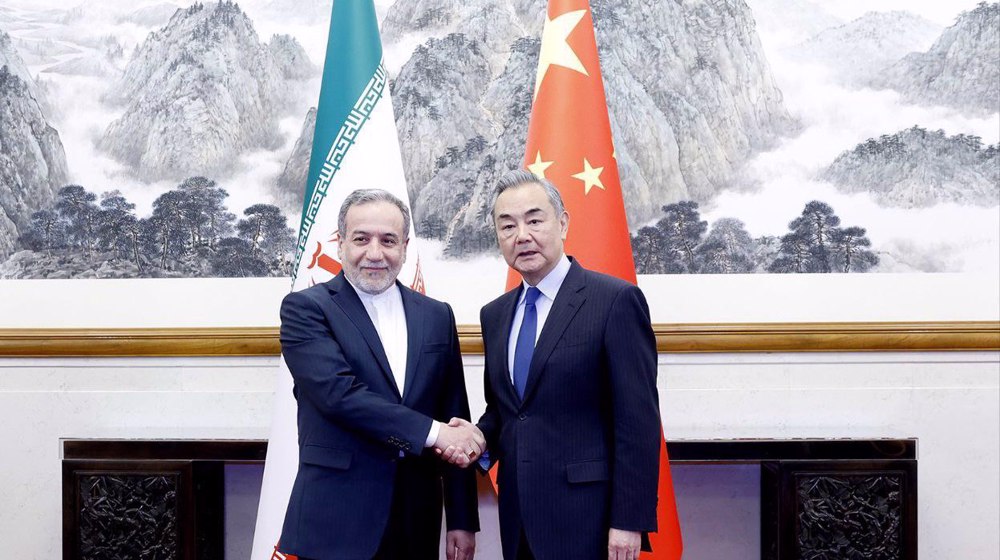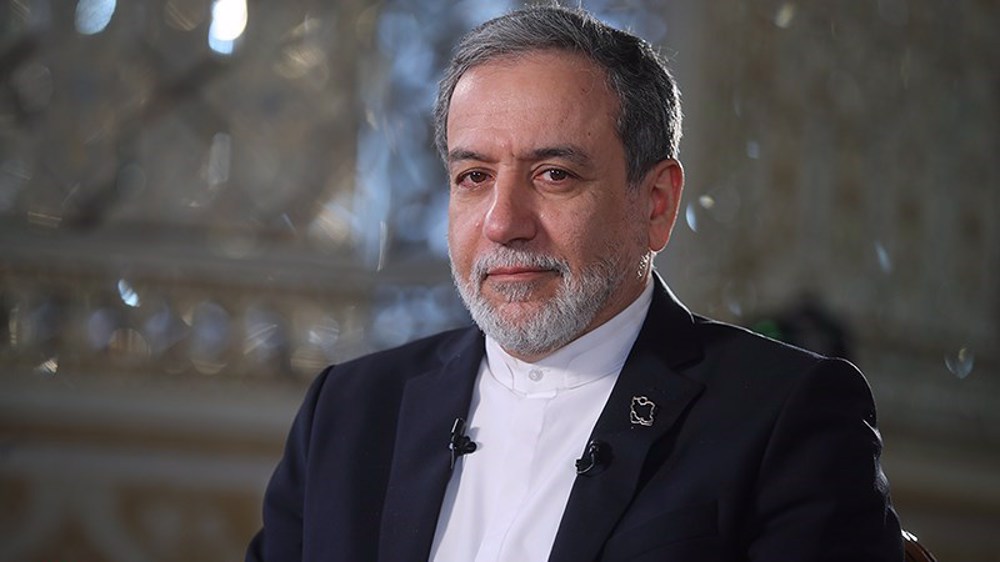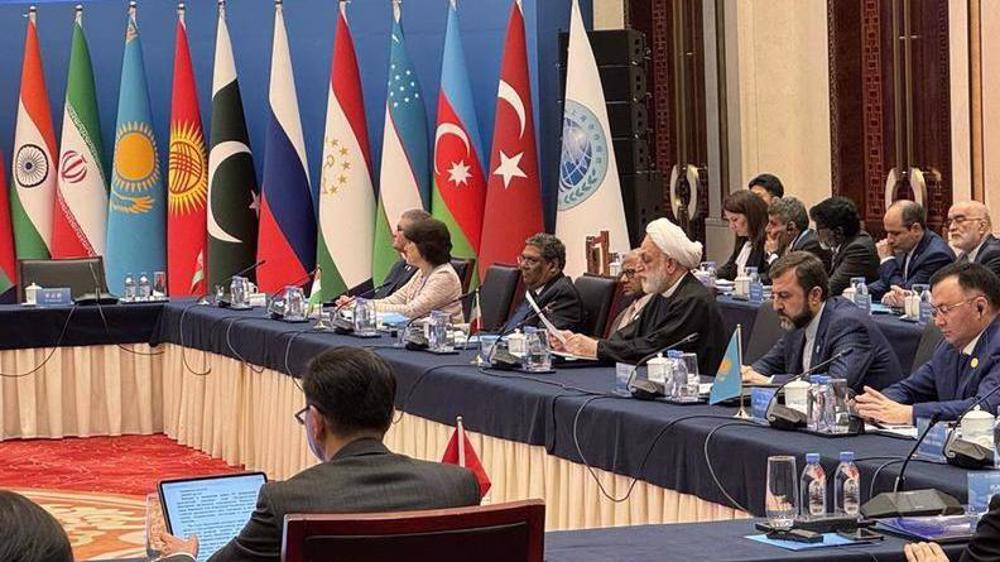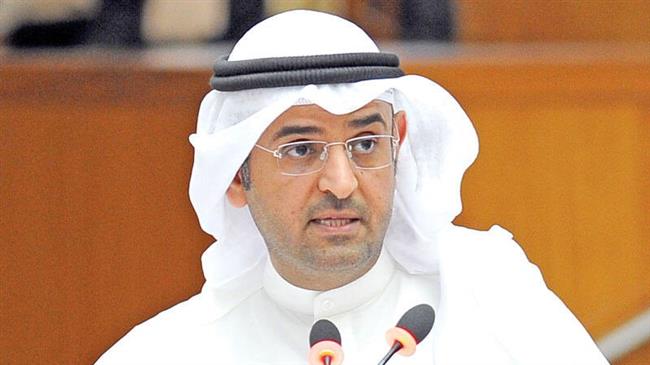Iran summons UAE envoy to protest shooting incident, seizes trespassing Emirati vessel
Iran summons the United Arab Emirates’ chargé d'affaires in Tehran over a recent deadly shooting by the Emirati coast guard against Iranian fishing dhows, and an Emirati vessel trespassing the country's waters in a separate development.
Two Iranian fishermen were killed and one of the fishing vessels was captured by the Emirati forces during the Monday incident. The same day saw Iranian coast guards being forced to seize an Emirati vessel and detain its crewmembers after it ventured into the Iranian territorial waters.
The Foreign Ministry informed the Emirati envoy that the Islamic Republic considered Abu Dhabi to be the party “bearing responsibility for the illegal and unconventional” incidents, the ministry reported on Thursday.
It insisted on release of the Iranian dhow and detainees, handing over of the bodies, compensation for the survivors, and prevention of such incidents in the future.
The UAE envoy was summoned by Foreign Ministry again in less than 24 hours as the Islamic Republic kept pursuing the outcome of the first meeting.
UAE voices ‘deep regret’
The Emirati government responded by expressing its “deep regret” through an official note, and expressed its readiness to try and make up for all the losses that have occurred.
The Iranian vessel and its crew were also released, while official procedures are underway to enable repatriation of the bodies.
Separate procedures have also been launched to address the situation of the Emirati vessel.
Iran’s warning
“The Foreign Ministry considers it necessary to declare this to all parties in the Persian Gulf that the Islamic Republic does not tolerate any act of transgression targeting its interests and nationals in the region,” the ministry, meanwhile, said.
Accordingly, the country “will take all necessary precautions and due measures in support of its vessels and nationals,” it added.
Relations between Tehran and Abu Dhabi have been strained to some extent due to the latter’s way of largely aligning its policies concerning Iran with those of the United States. The Emirates’ support for the ongoing US-backed and Saudi Arabia-led war on Yemen that has killed tens of thousands of Yemeni civilians has also worked against the relations.
What has delivered the biggest damage to the ties so far, however, was the United Arab Emirates and Israel’s announcement of a deal on August 13 that laid the groundwork for full normalization of their relations.
The agreement was met with uniform condemnation of all Palestinian factions, who called it a stab in the back of the Palestinians and sheer betrayal of their cause. Tehran has also pledged to substantially revisit its Emirates’ relations in view of the normalization agreement.

China supports Iran-US indirect talks, defends Tehran's nuclear right

Iran’s FM warns of Israeli attempts to derail diplomacy through various tactics

Iran unveils legal strategies for SCO states to counter challenges
Over 100 rabbis, cantors slam Trump for pro-Palestine campus crackdown
Nearly 30 Palestinians killed in fresh Israeli strikes on Gaza
VIDEO | Press TV's news headlines
FBI, local police raid homes of pro-Palestine activists in Michigan
Trump ratings low amid US economic turmoil
VIDEO | Trump tariffs: A wrecking ball!
Israel deprives Gazans of basic needs for ‘survival’: UN
South Africa has no choice but to support resistance against Israel's genocide in Gaza











 This makes it easy to access the Press TV website
This makes it easy to access the Press TV website